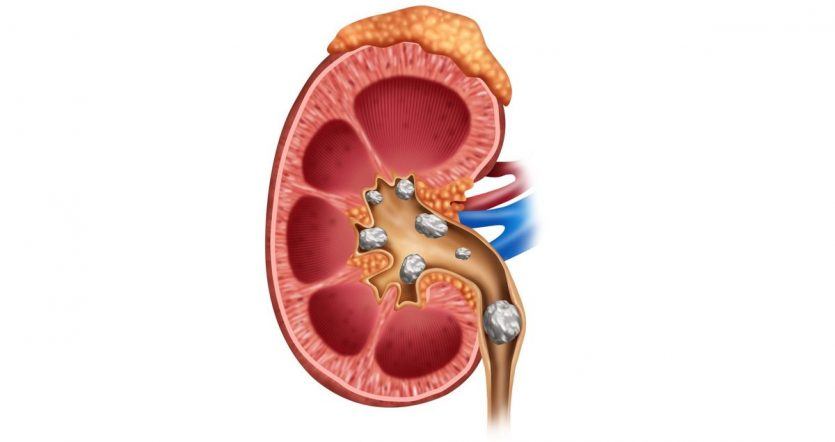Do Calcium Supplements Contribute to the Formation of Kidney Stones?

Kidney stones affect approximately 12 percent of the American population, and calcium oxalate stones account for almost 90 percent of kidney stone incidence. Oxalates are organic chemicals found in certain foods (such as spinach and beets) that may combine with calcium to form calcium oxalate, an insoluble chemical the human body cannot use.
Since 20-40 percent of recurrent kidney stones have been associated with elevated urinary calcium, it was originally thought that consumption of high amounts of calcium might cause or contribute to stone formation. However, recent research has shown that calcium restriction may actually increase the risk of kidney stones under certain conditions.
Many studies have investigated the role of nutrition in helping to reduce kidney stones. A study conducted by Brigham and Women’s Hospital and Harvard Medical School found that previous recommendations to limit dairy products in an effort to reduce the risk of kidney stones were misguided. This study – conducted on more than 90,000 women – showed that “women with the highest intake of dietary calcium had the lowest risk of kidney stones.” This study suggests that calcium may actually have a protective effect by binding to oxalate in the gut and preventing its absorption into a form that leads to kidney stones.
Another large-scale study on calcium and kidney stones concluded that high calcium intake decreases the risk of symptomatic kidney stones. Perhaps just as importantly, the study found that individuals consuming less than 850 mg of calcium per day actually had a higher incidence of kidney stones.
In general, the intake of calcium through food and/or supplements does not contribute to an increased incidence of kidney stones. In fact, with very few exceptions, getting adequate dietary calcium actually reduces your risk for kidney stones.
If you currently suffer from kidney stones, we recommend consulting with a physician to determine the best course of action for your specific situation.
Note: it is best to take calcium supplements with meals (rather than between meals) to most effectively inhibit oxalate absorption.


